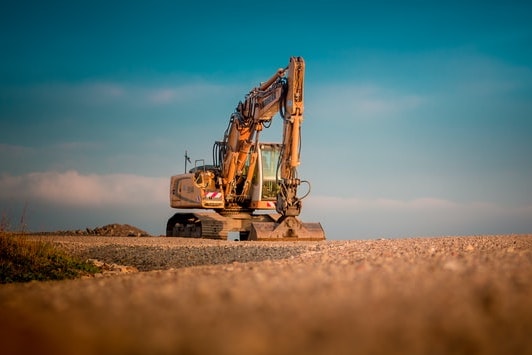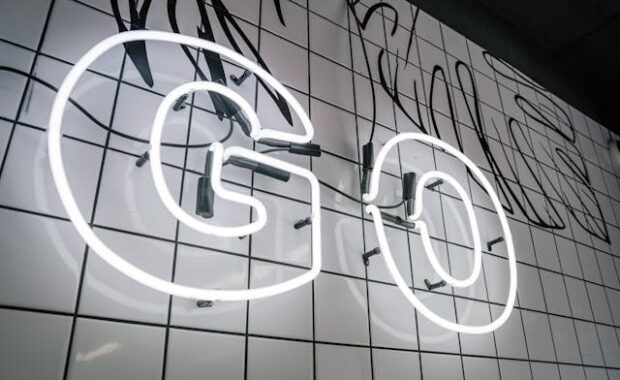Using EBITDA when valuing a plant and equipment hire business
Companies are often valued at a multiple of EBITDA. But is that the right approach for plant hire businesses?

Many businesses are often valued at a multiple of their EBITDA. EBITDA is a measure of profit that is intended to reflect the trading performance of the business. In its simplest form, it is calculated by taking operating profit and adjusting the figure to strip out common non-trading items and accounting adjustments. The full acronym stands for Earnings Before Interest, Tax, Depreciation and Amortisation. Interest and tax payments do not relate to trading, whilst depreciation and amortisation are not cash expenses. Because it adjusts for these items, EBITDA therefore roughly equate to a measure of operating cash flow.
Plant hire businesses generally have significant fixed assets, and some companies finance their fleet using external debt. As such, depreciation and interest often represent significant expenses for a plant hire business. Adding those numbers back as part of an EBITDA calculation can result in a very big number.
When EBITDA may not be the right number to look at
But, when looking at buying a plant hire business, acquirers are not likely to look at EBITDA in valuation. Remember, the normal usefulness of EBITDA is as an approximate value of cash in-flows. But plant hire businesses will have significant levels of capital expenditure not captured in the EBITDA figure. And for debt-financed fleets, adding back interest costs could give an overly flattering picture of financial performance.
As a result, acquirers of plant hire businesses will generally require more information about the fleet and the business’s performance in order to arrive at an indicative value. They may ask about factors such as the age and quality of the hireable assets, utilisation rates, capital expenditure levels, depreciation policies, maintenance and repair costs – all information that will help them understand the true performance and potential value of the business.
How can you go beyond EBITDA when presenting your plant and equipment hire business for sale?
Since using EBITDA as a valuation metric does not fully cover all particularities of plant and equipment hire businesses, an owner can consider presenting other performance indicators to potential buyers when looking to raise their interest. We have found that re-focusing investors’ attention on the free cash flow generated by the business, optimising the capital expenditure budget and showing strong evidence of good plant utilisation result in productive discussions and can support a robust company valuation.



